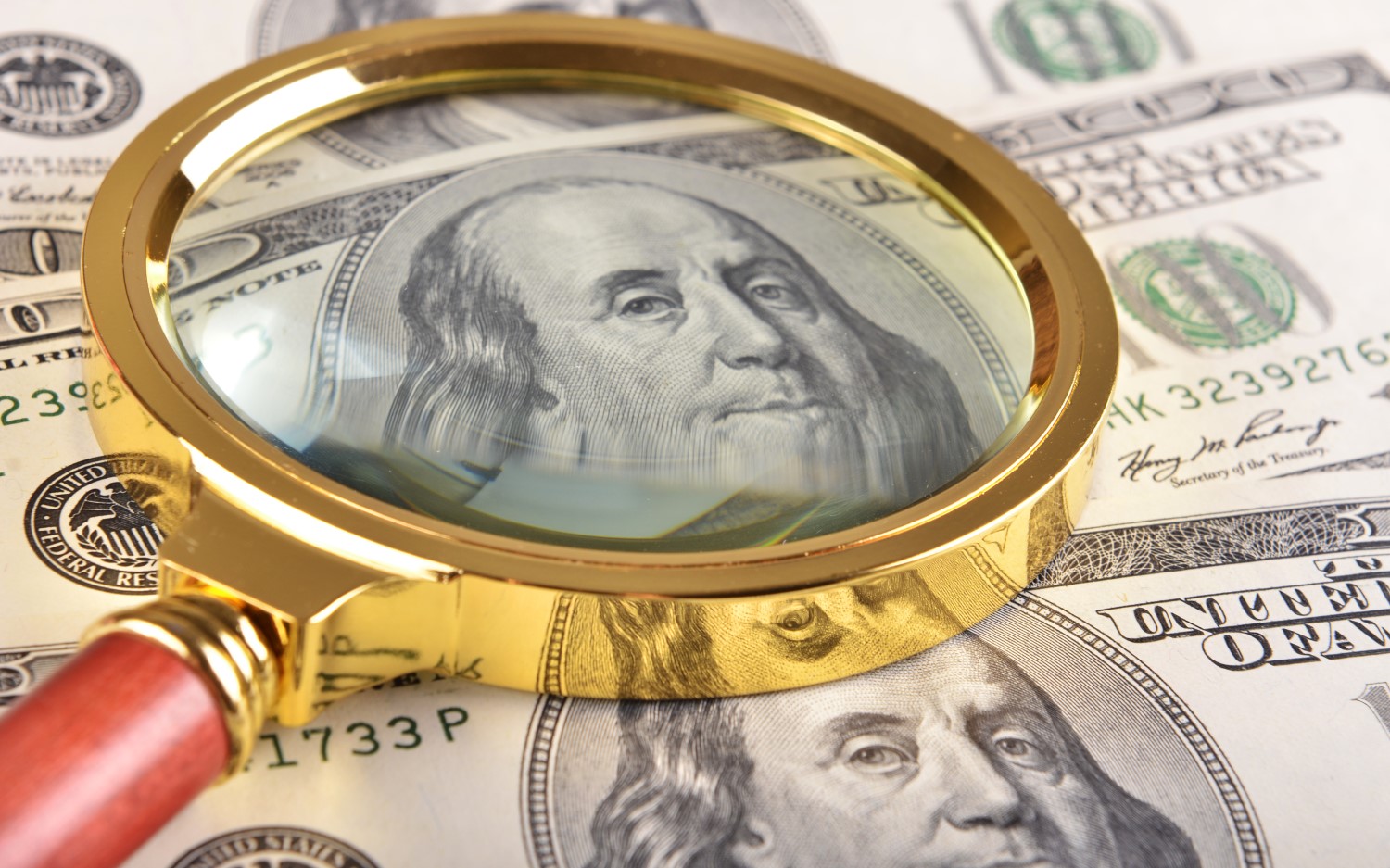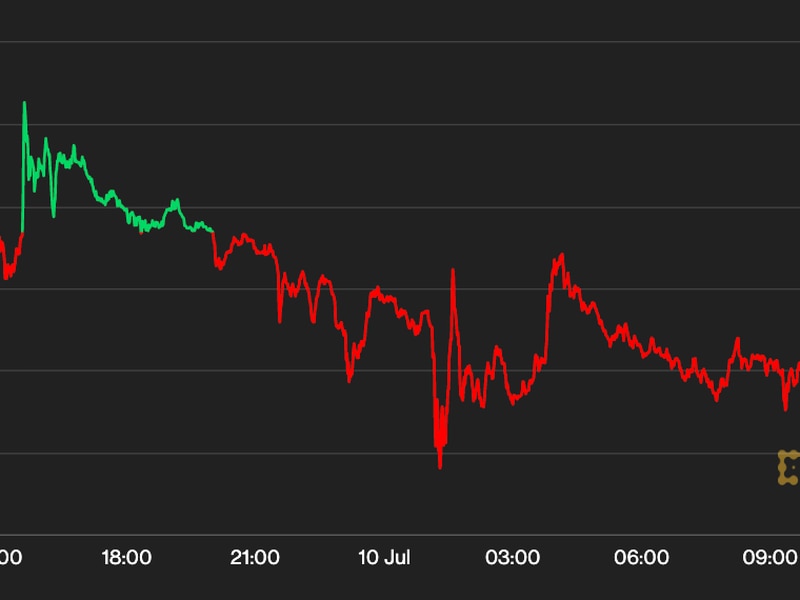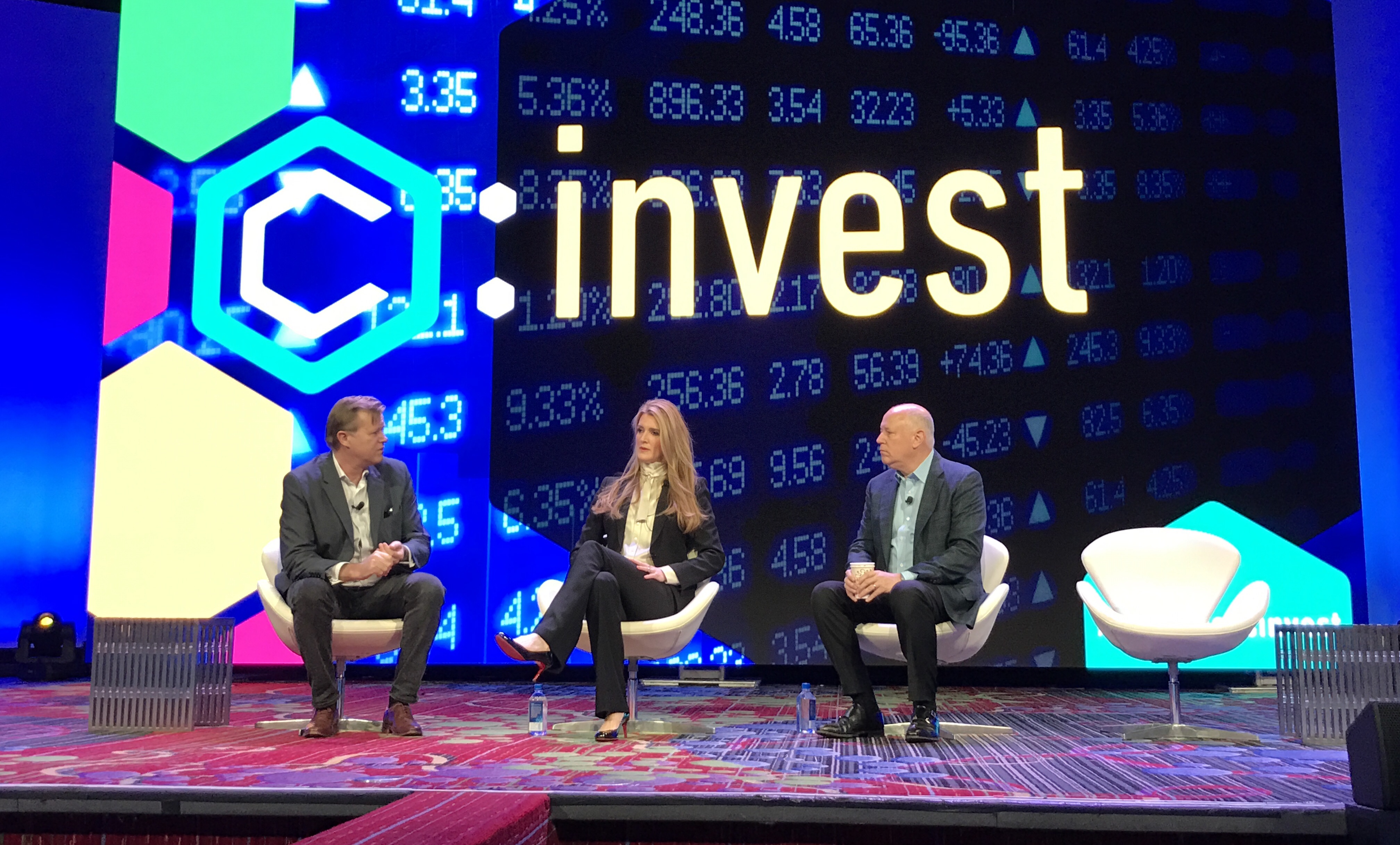Binance’s Future and Other Questions Post-Settlement
Did CZ and Binance get away with it? Sure, Binance is paying literally billions of dollars and giving the U.S. government unfettered access to its books, while its founder and former CEO Changpeng Zhao is looking at maybe a year and a half in federal prison. But Binance the exchange is still operating, while federal prosecutors are admitting in court filings that CZ still has most of his money.
You’re reading State of Crypto, a CoinDesk newsletter looking at the intersection of cryptocurrency and government. Click here to sign up for future editions.
More crimes, more fines
The narrative
Last Tuesday, ahead of a long holiday weekend, the U.S. Department of Justice, the Financial Crimes Enforcement Network, the Office of Foreign Asset Control and the Commodity Futures Trading Commission announced they were settling charges with Binance and its founder CZ.
Why it matters
This was the news of the week last week. There seem to be a few questions left to explore, mostly centered around what the future holds for Binance and the crypto ecosystem.
Breaking it down
Binance flagrantly violated U.S. law, allowing U.S. users on the platform despite telling the public otherwise, ignoring know-your-customer/anti-money laundering requirements and going out of its way to obfuscate both its location and its engagement with U.S. customers, the Department of Justice alleged last week.
We’ve known about these allegations for the last week, but if you were trying to get to a long holiday weekend or something, here’s some links to catch you up: CoinDesk’s article, last week’s newsletter, the DOJ information document (not an indictment, importantly), a statement of facts Binance agreed to, the FinCEN consent order, the plea stuff and that’s probably enough for now.
“VIP users were an important part of Binance’s business model, and a significant number were U.S. users,” a court filing said. “VIP users, including those within and outside the United States, accounted for an outsized percentage of Binance’s revenue and of the trading volume on Binance.com.”
Later on, the filing added that Binance “facilitated billions of dollars” of transactions for customers without any know-your-customer/anti-money laundering protections, and so it moved funds for people in sanctioned jurisdictions.
“During the relevant period, Defendant knew that U.S. law prohibited U.S. persons from conducting certain financial transactions with countries, groups, entities or persons sanctioned by the U.S. government,” the filing said. “Defendant also knew that it did not block transactions between users subject to U.S. sanctions and U.S. users and that its matching engine would necessarily cause such transactions.”
Prosecutors estimated that U.S. users transacted just under $900 million across more than 1 million transactions.
All this to say Binance will pay a lot of money and appoint some monitors to watch over its platform for the next few years. My colleague Daniel Kuhn analyzed Binance’s finances – what we know of them, anyway – and concluded that on a purely dollar level, the exchange looks like it can weather the $4.3 billion fine, especially given it has a few years to pay it off.
The monitors are also an interesting detail. Binance agreed to appoint an independent monitor in its settlement with the DOJ, who will “assess and monitor the company’s compliance” with the terms of its plea, which includes overseeing its various compliance programs. There’s specific reviews scheduled over the coming months, where the monitor will assess and report on Binance’s compliance policies to the company’s leadership, as well as the DOJ’s corporate enforcement and bank integrity units and the U.S. attorney’s office for the Western District of Washington.
A separate agreement with the Financial Crimes Enforcement Network (FinCEN) said Binance would also appoint a monitor who would work with the Treasury Department watchdog. This monitor should be appointed within the next month or so. While the consent order describes how a monitor will be appointed, it does not appear that the proposed names will be made public.
“To ensure that illicit activity is addressed, Treasury will retain access to books, records, and systems of Binance for a period of five years through a monitor,” a Treasury Department press release said.
While Binance shouldn’t suffer greatly from paying the fines it owes, how its customers react to increased AML/KYC processes and the fact that Binance will make all of its books available to the U.S. government for review at the government’s request is more of an open question. It may be a more difficult one to answer quickly. The exchange saw close to $1 billion flow out of its coffers after the settlement was announced, but its 24-hour trading volume seems to have survived largely intact, according to CoinGecko.
CZ is also in a bit of limbo, at least for the moment. Federal prosecutors want him to remain in the U.S. until his sentencing. His attorneys say he should be able to go back to the United Arab Emirates, where he, his wife and his children live (and where he’s a citizen).
This argument pretty much seems to boil down to trust. Prosecutors don’t seem to trust that CZ, if allowed to leave the country, will actually come back. For the moment, CZ is in the U.S., after the district judge overseeing the case ruled that he can’t leave until there’s a final decision.
But it’s in the pages of the back-and-forth that the U.S. makes an obvious, yet still fascinating admission: CZ is paying what they think is a relatively small fine for the crimes they allege he is responsible for.
“The government believes that the vast majority of that wealth is held overseas and Zhao is believed to have hundreds of millions of dollars in accessible cryptocurrency. Zhao could live on that wealth in the UAE indefinitely,” the filing said.
Stories you may have missed
This week
:format(jpg)/cloudfront-us-east-1.images.arcpublishing.com/coindesk/5UVBN74XHJHMNEUVQX7Q2FTJU4.png)
-
14:30 UTC (9:30 a.m. EST) There was a status conference in the U.S. Securities and Exchange Commission’s case against Binance, where Binance.US attorneys argued the regulator hadn’t been able to prove any misuse of assets, according to the Wall Street Journal. There is a joint status update due in mid-December.
-
15:00 UTC (10:00 a.m. EST) There was a hearing in BlockFi’s ongoing bankruptcy.
-
16:00 UTC (11:00 a.m. EST) There will be a hearing in Genesis’ ongoing bankruptcy, addressing its proposed settlement with Three Arrows Capital and its ongoing adversary proceedings against Digital Currency Group.
-
There will be a hearing in Singapore-based Hodlnaut’s ongoing bankruptcy.
Elsewhere:
-
(Fortune) Fortune’s Jeff John Roberts interviewed Richard Teng, Binance’s new CEO.
-
(Forbes) Forbes identified and detailed Bhutan’s secretive crypto mining operation.
-
(TechCrunch) The Ukrainian government fired its cybersecurity chiefs, State Special Communications Service of Ukraine Head Yurii Shchyhol and deputy head Victor Zhora, accusing them of embezzlement.
-
(The Information) The Office of the Comptroller of the Currency, a U.S. federal bank regulator, named Prashant Kumar Bhardwaj as its first fintech head. The Information reports that he never worked at some of the places he claimed to have.
:format(jpg)/cloudfront-us-east-1.images.arcpublishing.com/coindesk/PNDPI7WFZNGVDCPVVTIXS77M3M.png)
If you’ve got thoughts or questions on what I should discuss next week or any other feedback you’d like to share, feel free to email me at nik@coindesk.com or find me on Twitter @nikhileshde.
You can also join the group conversation on Telegram.
Edited by Danny Nelson.









